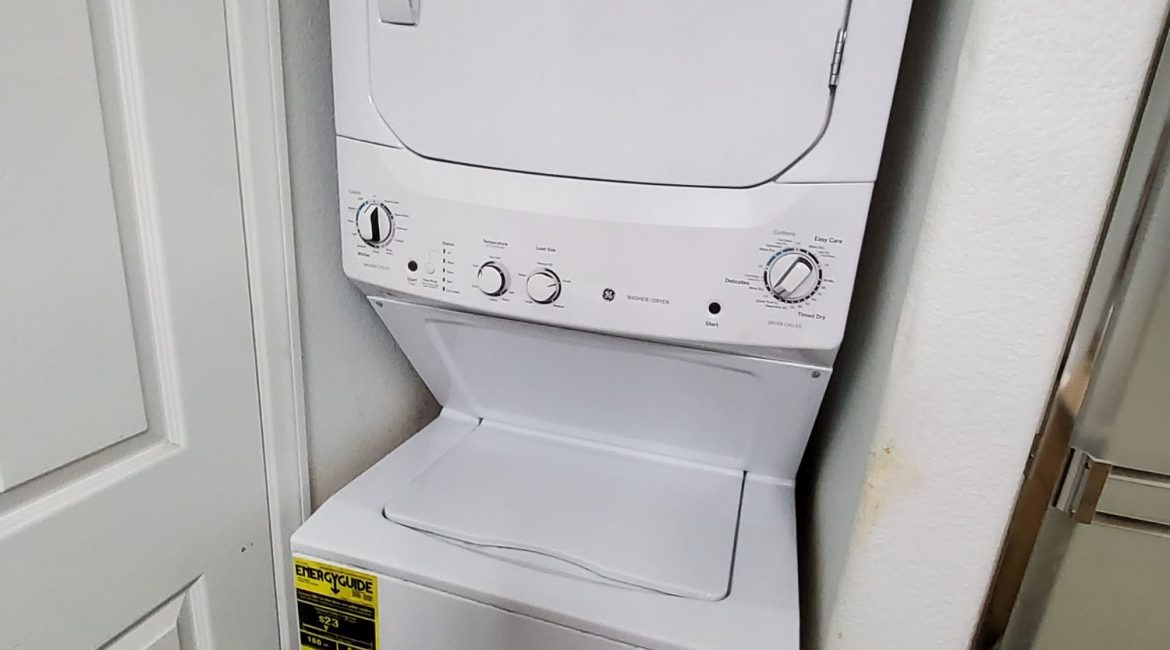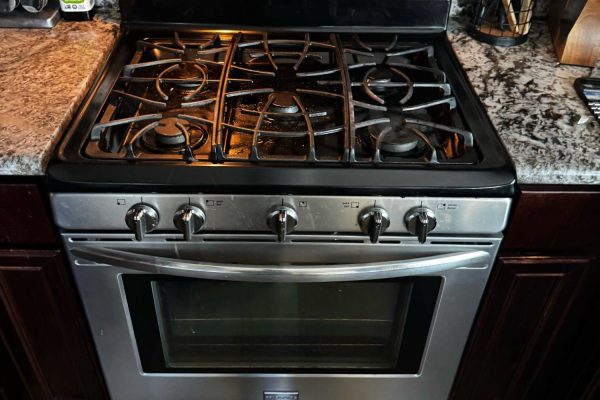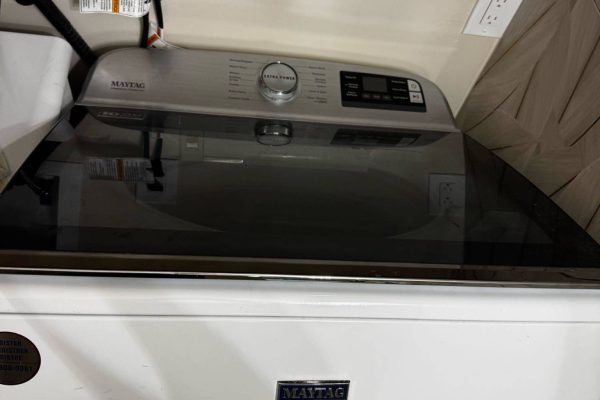Gentle wash programs, often set at 30°C or even lower, were introduced to help consumers save energy and extend the lifespan of delicate fabrics. While these settings are ideal for fine materials and contribute to reduced energy bills, they can ironically lead to a shortened lifespan of washing machines and compromise hygiene over time. This paradox is commonly referred to by repair experts as the “Failed Gentle Wash” phenomenon.
Why Low-Temperature Washing Seems Like a Good Idea
The appeal of low-temperature washing is understandable. Consumers are increasingly energy-conscious, and many detergents today are formulated to work at lower temperatures. At the same time, there’s a growing focus on textile care, encouraging users to select delicate cycles to preserve the appearance and texture of their clothes.
However, what is rarely considered is how these seemingly gentle cycles affect the inner mechanics of your washing machine.
The Hidden Damage from Low Temperatures
Washing at low temperatures may seem harmless, but over time, it can cause several maintenance and hygiene issues:
1. Buildup of Detergent and Dirt Residue
Detergents are less likely to dissolve fully in cold water, especially if you’re using powder instead of liquid detergents. The result? Residues stick to the drum, hoses, and heating element. Over time, this creates layers of grime and fosters an environment conducive to mold and bacteria.
2. Unpleasant Odors
One of the most common complaints from homeowners who exclusively use gentle wash cycles is the development of a persistent musty smell. That odor typically originates from bacterial buildup in areas of the machine that never reach temperatures high enough to disinfect or flush out the growing colonies.
3. Shortened Appliance Lifespan
Mold, mildew, and detergent buildup can clog filters, wear out seals, and interfere with water flow sensors. This strain can cause premature component failure—meaning your “energy-saving” habit may result in higher repair or replacement costs.
4. Poor Washing Results
Low temperatures are not effective at removing oily or heavily soiled stains. Over time, clothes may appear dull or still dirty after washing. Users often respond by using more detergent, which exacerbates buildup inside the machine.
5. Health Concerns
Without regular hot washes, harmful bacteria and allergens are not effectively eliminated. If someone in your household is prone to skin conditions or allergies, this could worsen their symptoms.
How to Prevent Damage While Using Gentle Washes
The gentle wash setting isn’t inherently bad—it simply needs to be balanced with best practices. Here’s how to protect your appliance while still benefiting from the occasional low-temp cycle:
- Run a hot maintenance cycle at least once a month (preferably at 60°C or higher) without any laundry, using either a specialized machine cleaner or white vinegar and baking soda to flush out residues.
- Use the right detergent, preferably liquid or capsules formulated for low temperatures.
- Avoid overloading the machine to ensure proper water circulation.
- Leave the door open after each cycle to allow moisture to evaporate and prevent mold.
- Check and clean the filter regularly to avoid clogs and pressure buildup.
The Role of Professional Maintenance
Even if you follow all preventive tips, low-temperature cycles can cause gradual wear that’s difficult to notice until it’s too late. Periodic professional servicing can help identify hidden issues before they become major repairs.
If your washing machine is emitting strange odors, making unfamiliar sounds, or leaving clothes less than fresh, don’t ignore the warning signs. A technician can assess whether buildup, sensor failure, or internal mold is affecting the appliance’s performance.
Time for a Check-Up?
If your washer has been running on gentle mode for months or years without a thorough cleaning or inspection, it’s time to act.
Poway Appliance Repair Service Center specializes in diagnosing and repairing wear caused by low-temperature use. Our technicians will clean internal components, check seals and sensors, and help extend the lifespan of your appliance.
Don’t wait for a breakdown—schedule your preventive maintenance today!
Contact us


